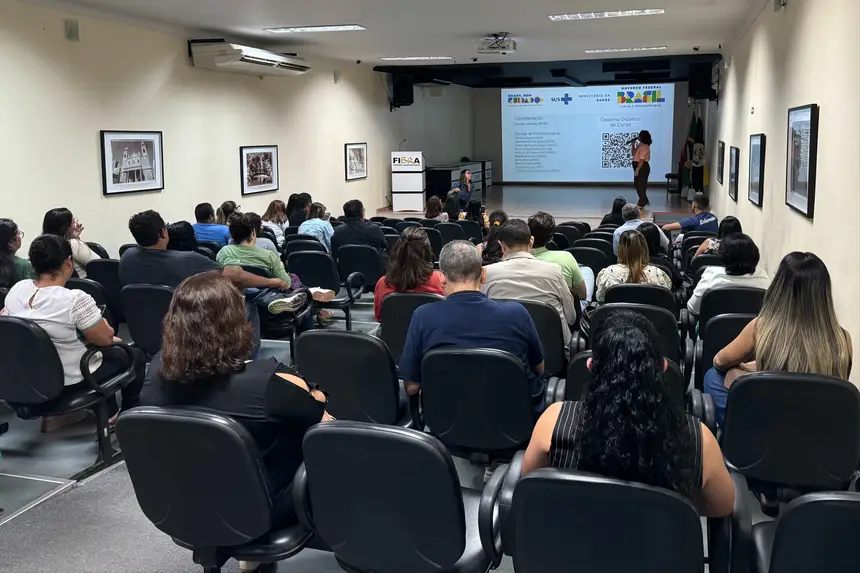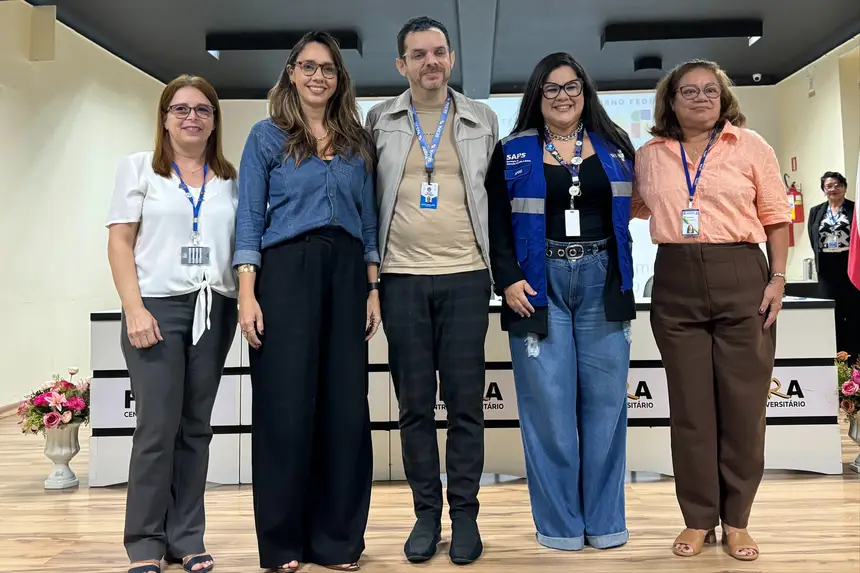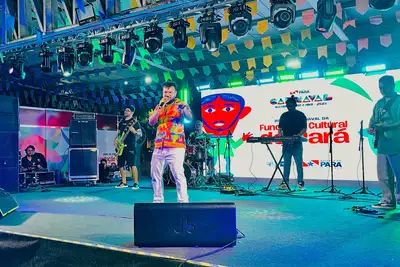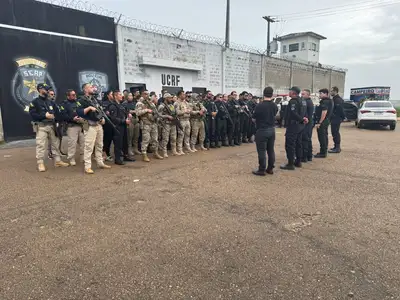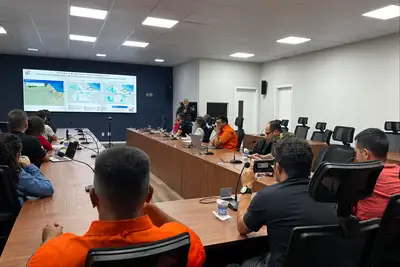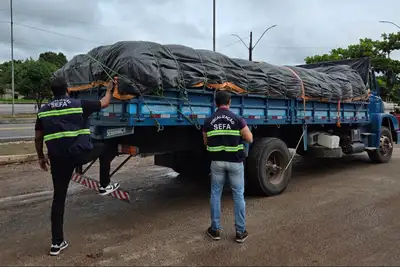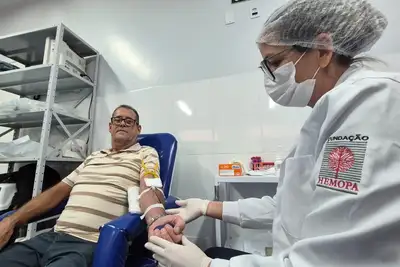Equalisah Project Course Begins in Belém Focused on Men's Health and Combating Gender Violence
Training promoted by the Ministry of Health and Sespa brings together primary care professionals to discuss masculinities, violence, and comprehensive care
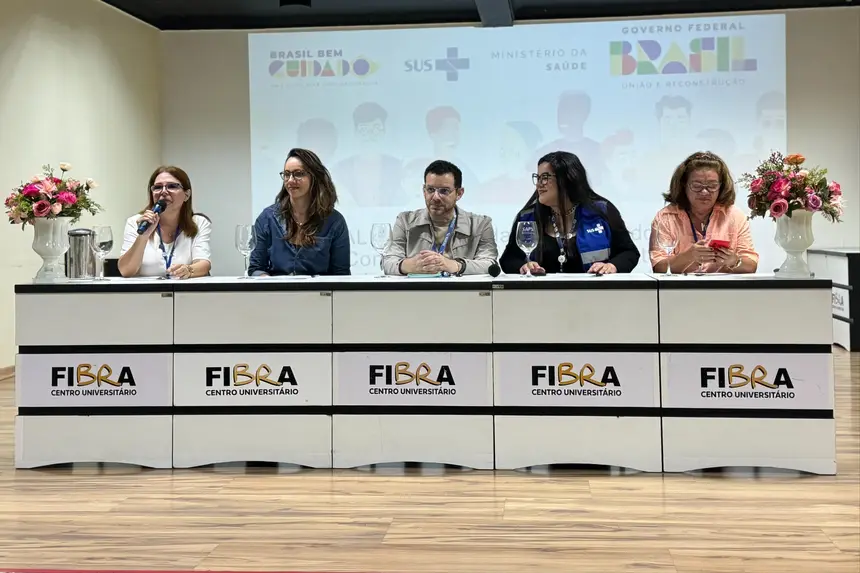
The in-person course of the Equalisah Project, aimed at training Primary Health Care (APS) professionals for men's health care and the prevention of violence against girls and women, started this Thursday (24) at the auditorium of the Fibra University Center in Belém. The initiative is promoted by the Ministry of Health, through the Coordination of Men's Health (COSAH), in partnership with the State Department of Public Health of Pará (Sespa) and the Federal University of Pará (UFPA).
The opening ceremony brought together notable names from academia and public health, such as Professors Maria Lúcia Chaves de Lima (Psychology/UFPA) and Vera Lúcia de Azevedo Lima (Nursing/UFPA); technician Amanda Amaiy Pessoa Salerno from the Ministry of Health (COSAH/MS); technician Andrei Porpino Lemos from the Men's Health Coordination of Sespa; and the coordinator of Men's Health from Sesma, Maisa Gomes.
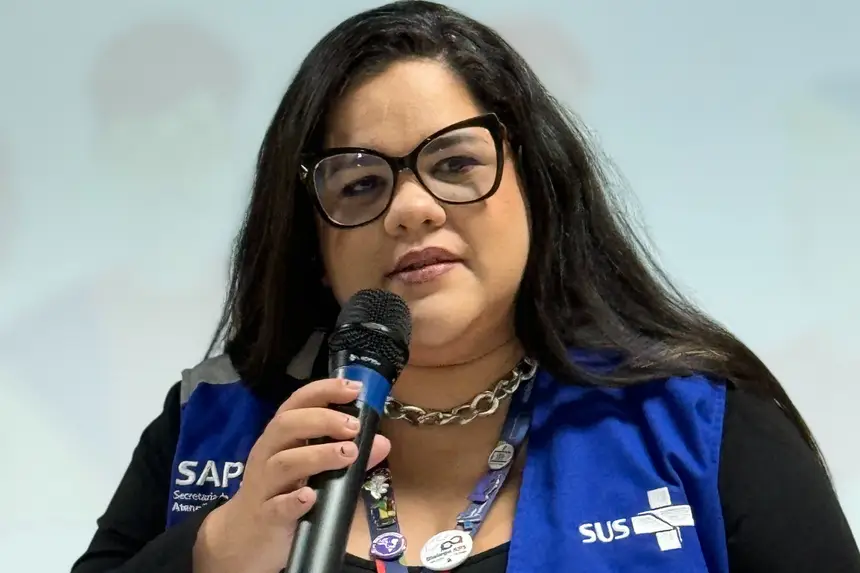
Amanda Salerno emphasized that Equalisah seeks to promote qualified care for men's health combined with effective actions to combat gender violence. "The strategy directly responds to the guidelines of the National Policy for Comprehensive Men's Health Care. It is an articulation between health, prevention, and combating violence against girls and women in an integrated manner," she explained.
She also highlighted the role of Primary Care in the early detection of violence and in welcoming victims. "APS, especially through the Family Health Strategy, is a fundamental entry point. There, we can identify situations of violence from the beginning and offer an articulated approach that includes qualified listening and care for both the victim and the aggressor," she added.
With a workload of 12 hours, the course is part of the National Strategy for Men's Health and Masculinities (Equalisah), promoting discussions on the social construction of masculinities, the impacts of violence as a public health issue, and the role of APS in protecting women and girls.
"The goal is to train multipliers who act directly in the territories, promoting health for men and strengthening the protection network for women," Amanda stated. "The partnership with Sespa and UFPA is essential to consolidate a more efficient public policy through the integration of education and service."
The Secretary of Public Health of Pará, Ivete Vaz, celebrated the course's implementation in the state. "Talking about men's health is also about protecting women. It is not a gender dispute, but a joint effort for more comprehensive and resolutive care," she declared.
For Professor Maria Lúcia Chaves, discussing masculinities is a fundamental step in combating gender violence. “Reflecting on men's health is also thinking about the health of women and girls. We will discuss mental health, relationships, and the essential role of basic care,” she highlighted.
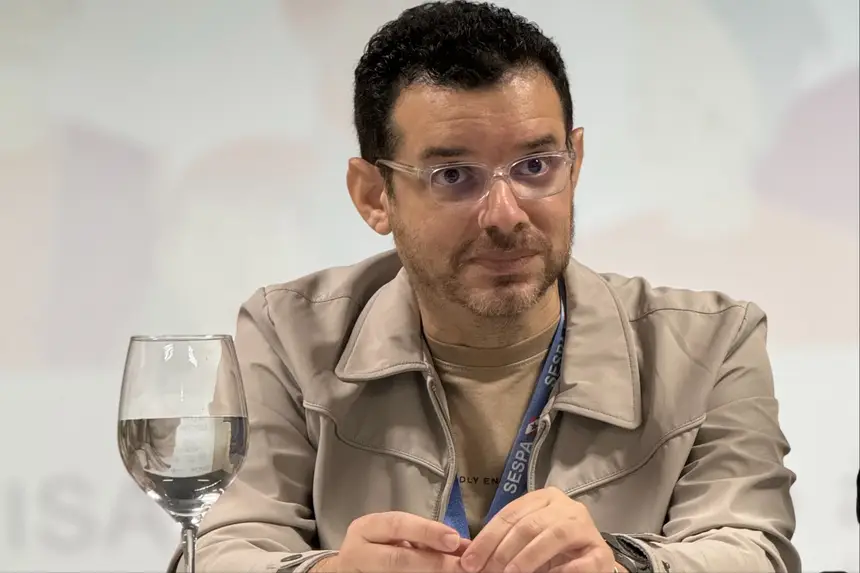
Andrei Porpino Lemos from Sespa reinforced that the course prepares professionals to welcome and protect victims of violence, but also to intervene with the perpetrators or potential perpetrators of aggression. “We want more sensitive, trained, and committed professionals to comprehensive care,” he stated.
According to Maisa Gomes from Sesma, the big challenge is to attract men to primary care services. “Most of the time, men only seek care in emergency situations. We need to change this reality, and the course is an important step in that direction,” she assessed.
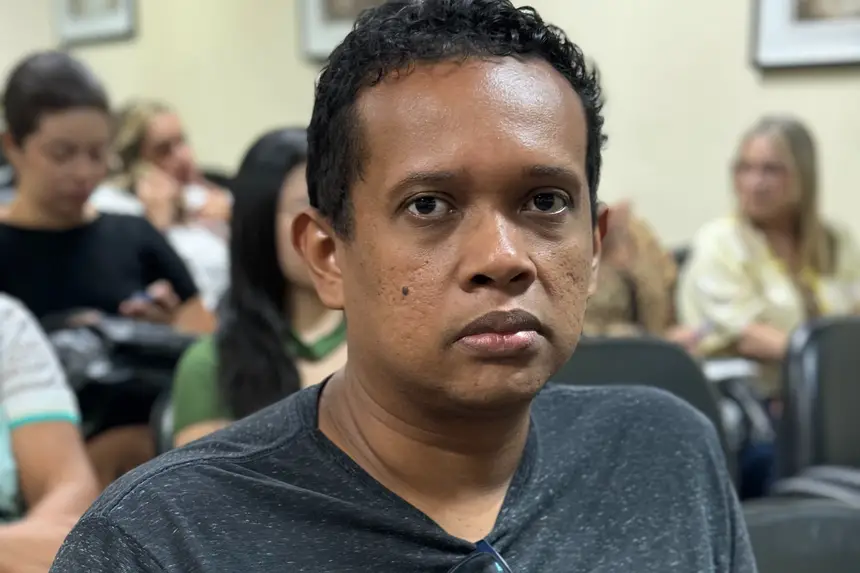
Among the participants, nurse Luiz Assunção from the Souza Health Unit highlighted the value of the training. "Men's health is still a fragile area in our region. In the unit where I work, about 60% of the users are men, and it is essential to learn how to better care for this population," he stated.
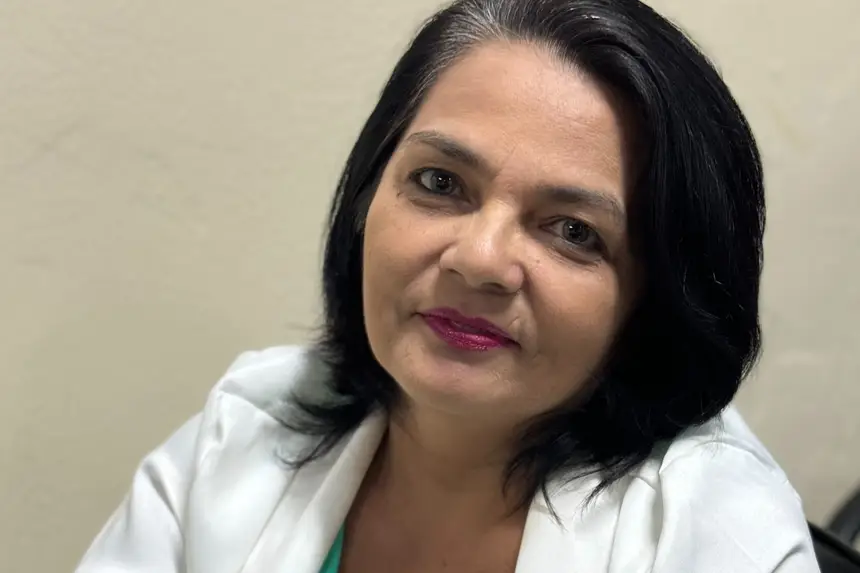
Nurse and manager Claudete Costa also commented on the challenges of access. “The taboo is still great. Many men avoid seeking care. Changing this reality starts with our qualification,” she pointed out.
Concluding the opening, Professor Vera Lima reminded that the course in Belém is part of the national agenda of Equalisah. "We are with a team of researchers from various federal universities. The proposal is to qualify professionals in all states, strengthening the network for welcoming and combating gender violence," she concluded.
The course continues this Friday (25), with more debates, dynamics, and collective construction of strategies for a more welcoming, resolutive, and transformative APS.



